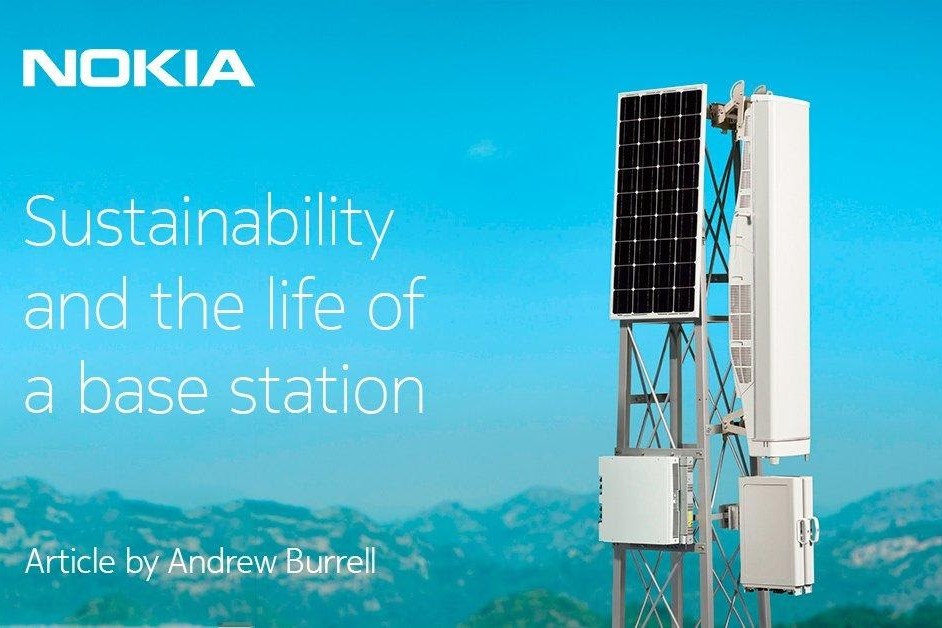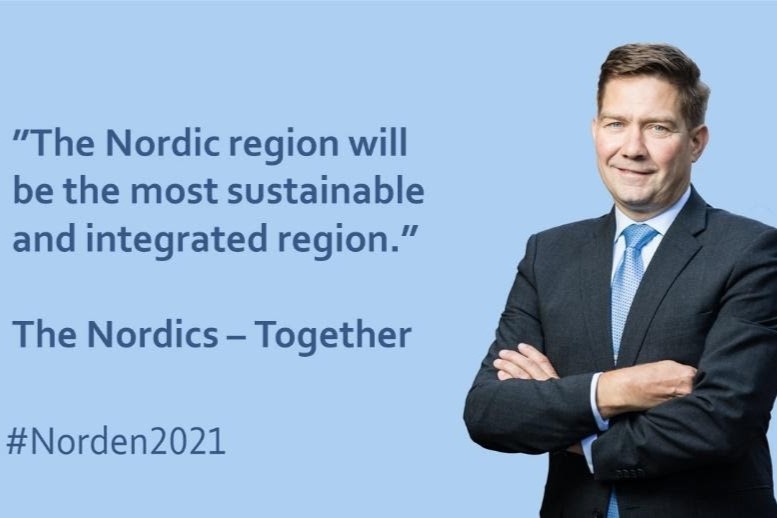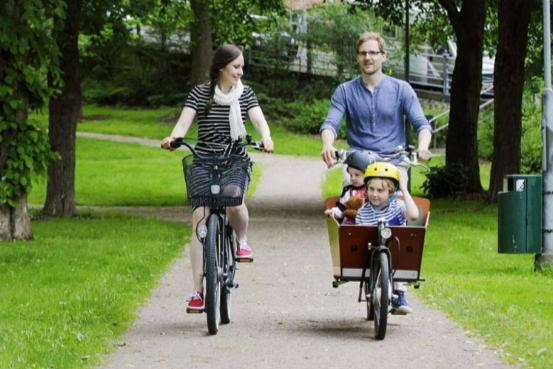Nokia see sustainability leap in world-first 5G liquid cooling deployment

Espoo, Finland – Nokia today announced that its liquid cooling 5G AirScale Base Station solution has helped Finnish mobile operator, Elisa, reduce the potential energy expenses of its base station by 30 percent and CO2 emissions by approximately 80 percent. This is the first time a commercial 5G liquid cooling solution has been deployed anywhere in the world and highlights Nokia’s strong commitment to sustainability and combatting climate change.
The Nokia Bell Labs-developed solution will enable Elisa to achieve 30 percent lower power consumption and related savings at its site in Helsinki, Finland. Approximately 90 percent of energy consumed by base stations is converted to waste heat, however, with a heat re-use option – where waste heat is converted and repurposed – Elisa has been able to reduce its CO2 emissions by approximately 80 percent.
Liquid-cooled sites are silent, require zero maintenance, and can be 50 percent smaller and 30 percent lighter than standard active air conditioning units. They offer operators and owners of base station sites significant savings and potentially longer base station component life.
Technology innovation plays a key role in achieving a more sustainable planet and better,
healthier lives for all people. Liquid cooling is another example of Nokia’s long-standing commitment to sustainability. In 2019, the company delivered zero-emission products to over 150 customers worldwide. It is also committed to decreasing emissions from its operations by 41 percent by 2030. 46 percent less energy was used on average in the customer base station sites Nokia modernized in 2019 compared to those where its customers did not modernize. Last year, Nokia also joined a group of 87 companies at the United Nations climate summit in committing to recalibrate its existing science-based climate targets in line with the 1.5°C warming scenario.
 Albania
Albania Algeria
Algeria Andorra
Andorra Argentina
Argentina Armenia
Armenia Australia
Australia Austria
Austria Azerbaijan
Azerbaijan Bahrain
Bahrain Belgium
Belgium Bolivia
Bolivia Brazil
Brazil Bulgaria
Bulgaria Cambodia
Cambodia Cameroon
Cameroon Canada
Canada Chad
Chad Chile
Chile China
China Colombia
Colombia Costa Rica
Costa Rica Croatia
Croatia Cyprus
Cyprus Czechia
Czechia Denmark
Denmark Ecuador
Ecuador Egypt
Egypt Finland
Finland France
France Georgia
Georgia Germany
Germany Ghana
Ghana Greece
Greece Hungary
Hungary Iceland
Iceland India
India Indonesia
Indonesia Ireland
Ireland Italy
Italy Jamaica
Jamaica Japan
Japan Jordan
Jordan Kazakhstan
Kazakhstan Kenya
Kenya Kuwait
Kuwait Latvia
Latvia Lebanon
Lebanon Libya
Libya Lithuania
Lithuania Luxembourg
Luxembourg Malaysia
Malaysia Maldives
Maldives Mali
Mali Malta
Malta Mexico
Mexico Moldova
Moldova Monaco
Monaco Morocco
Morocco Netherlands
Netherlands New Zealand
New Zealand Nigeria
Nigeria North Macedonia
North Macedonia Norway
Norway Oman
Oman




